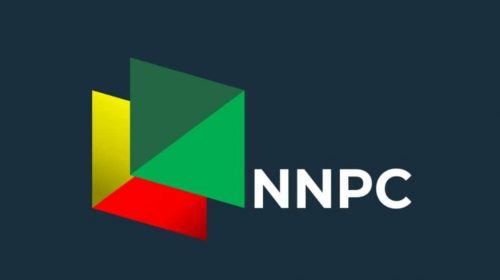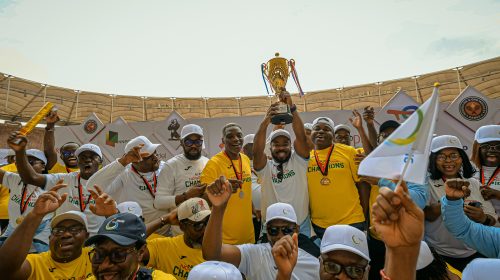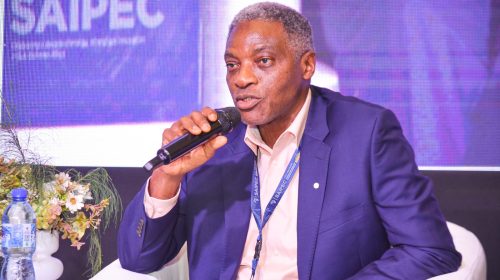Critical Transmission Infrastructure Revamp : TCN Raises $1.57bn
Transmission Company of Nigeria (TCN), Mr. Usman Gur Mohammed said it has raised a total of $1.57 billion to build critical infrastructures across the country.
This was disclosed by the Managing Director and Chief Executive Officer of TCN a power roundtable organised by Sahara Power.
According to him, there is nothing wrong with the federal government’s ownership of TCN, adding that many other successful grids around the world are also government-owned.
He said the $1.57 billion would be used to build transmission lines and substations to stabilise the national grid.
According to him, $408 million out of the $1.57 billion was provided by the World Bank to increase the transmission capacity through brownfield projects.
Mohammed added that TCN could not execute projects through contractor financing since it receives only less than 40 per cent of its revenue from the Nigerian electricity market.
He further stated that TCN has over 90 projects that are ongoing, including the Abuja Wheeling scheme, where five additional substations would gulp $170 million.
Mohammed also disclosed that TCN would execute Lagos-Ogun transmission project.
He, however, added that the N8 billion expected to be paid by the company as compensation is outrageous, saying that the company would approach Ogun State government to help review the compensation.
Mohammed stressed that TCN projects cut across the whole country, adding that “anybody who is tribalistic cannot run the national grid because if you concentrate the grid capacity in one section of the country, the other section will collapse and still bring down that section.”
Speaking on concerns raised on government ownership of TCN, Mohammed argued that there is nothing wrong with the arrangement, adding that the power grids of India and Brazil are also owned by the government.
“I also want to tell you that ownership of TCN is not actually the issue. There are grids owned by government and they are doing well. Power grid of India is owned by the government and they can raise loan from London Stock Exchange.
“The biggest money given to government parastatal by the African Development Bank was given to Eskom and Eskom is owned by South African government. Power grid of Brazil is still owned by the government. I think government ownership is not the issue. The issue is how to make the organization work,” he explained.
In his remark, the convener of the event and Chairman of Sahara Power, Mr. Kola Adesina kicked against the eligible customer regime proposed by the federal government, saying it will weaken the financial capacity of the Discos.
According to him, residential customers, who are assumed to lack the financial capacity to pay their bills, account for over 60 per cent of power consumption.
Also speaking, Lagos State Commissioner for Energy and Mineral Resources, Mr. Wale Oluwo noted that the problem of Nigeria’s power sector is structural, adding that structural problems cannot be solved by administrative polices.







Leave a Reply